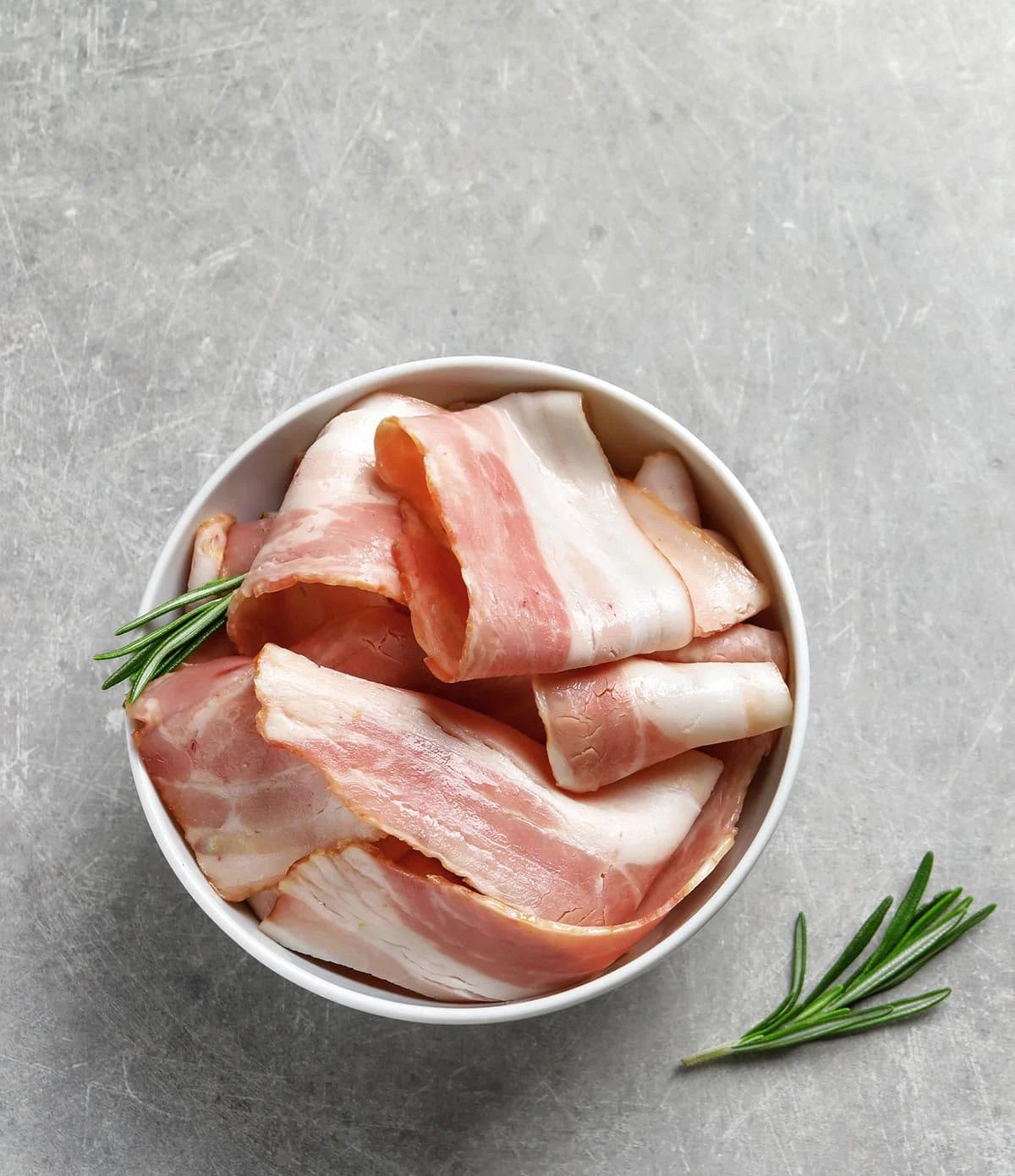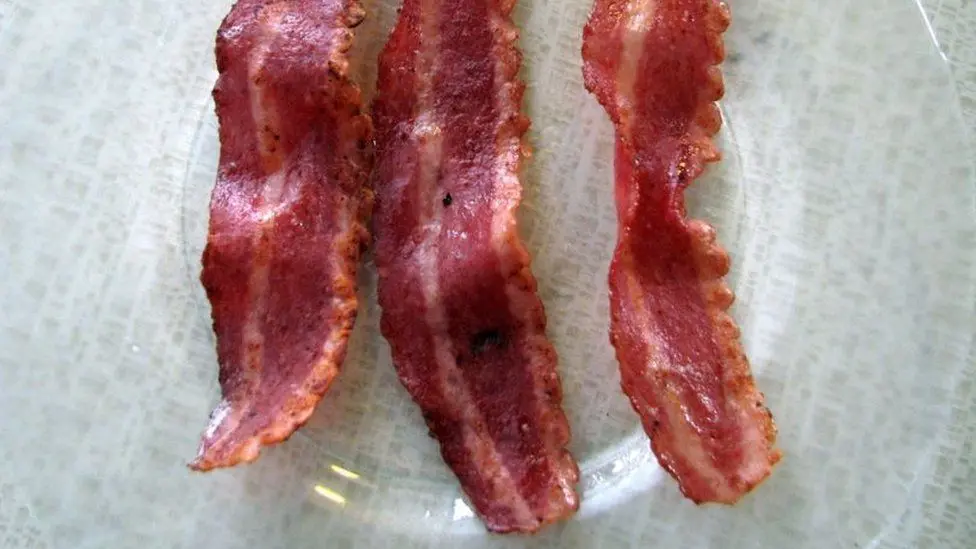When it comes to bacon, there are two main varieties to choose from: smoked and unsmoked. Both options offer their own unique flavors and characteristics, making it a matter of personal preference. In this article, we will delve into the differences between smoked and unsmoked bacon and explore the taste and culinary uses of each.
The Difference Between Smoked and Unsmoked Bacon
Smoked bacon is bacon that has been cured and then smoked. The smoking process involves exposing the bacon to smoke from burning wood chips, which imparts a distinct smoky flavor and aroma. The duration and type of wood used for smoking can vary, resulting in different levels of smokiness.
On the other hand, unsmoked bacon is bacon that has only gone through the curing process without any smoking. This type of bacon offers a more subtle and milder flavor compared to its smoked counterpart.
Does Smoked Bacon Taste Good?
Smoked bacon is known for its rich, savory, and smoky taste, which many people find incredibly delicious. The smokiness adds an extra layer of depth to the bacon, enhancing its overall flavor profile. The intensity of the smoky flavor can vary depending on personal preference and the specific smoking process used.
Whether you prefer smoked bacon or not ultimately comes down to your taste preferences. Some people enjoy the bold and robust flavor of smoked bacon, while others prefer the milder taste of unsmoked bacon.
Culinary Uses of Smoked and Unsmoked Bacon
Both smoked and unsmoked bacon can be used in a variety of culinary dishes, adding a burst of flavor and texture. Here are some popular uses for each:
Smoked Bacon:
- Classic bacon and eggs breakfast
- Bacon-wrapped appetizers
- BLT sandwiches
- Carbonara pasta
- Smoky bacon burgers
Unsmoked Bacon:
- Traditional English breakfast
- Bacon and cheese quiche
- Bacon-wrapped chicken
- Pasta carbonara
- Bacon and mushroom risotto
Both types of bacon can be used interchangeably in most recipes, depending on the desired flavor profile. However, it's important to note that the smokiness of smoked bacon can overpower more delicate dishes, so unsmoked bacon might be a better choice in those cases.
Is smoked bacon healthier than unsmoked bacon?
Neither smoked nor unsmoked bacon can be considered a health food. Both varieties are high in fat, sodium, and calories. However, the smoky flavor in smoked bacon often comes from the smoking process, which may involve the use of certain additives or preservatives. It's always recommended to check the ingredient list and choose high-quality bacon from trusted sources.

Can I cook smoked and unsmoked bacon the same way?
Yes, you can cook both smoked and unsmoked bacon using the same methods. The cooking time may vary based on the thickness of the slices and personal preference for crispiness.
Can I freeze smoked and unsmoked bacon?
Yes, both smoked and unsmoked bacon can be frozen. It's best to wrap the bacon tightly in plastic wrap or aluminum foil and place it in a freezer bag to prevent freezer burn. Thaw the bacon in the refrigerator before using.

In Conclusion
Smoked and unsmoked bacon offer distinct flavors and can be used in various culinary preparations. Whether you prefer the bold smokiness of smoked bacon or the milder taste of unsmoked bacon, both options provide a delicious addition to breakfasts, sandwiches, and other dishes. Experimenting with both varieties will help you discover your personal preference and add versatility to your cooking repertoire.
If you want to know other articles similar to Smoked vs unsmoked bacon: exploring the difference you can visit the Bacon category.


Related Articles